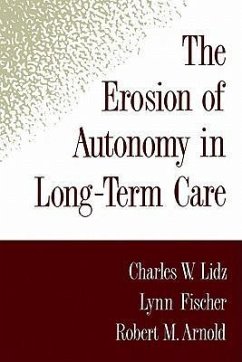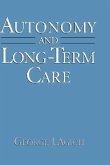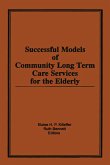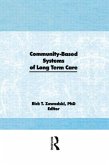In few places in American society are adults so dependent on others as in nursing homes. Minimizing this dependency and promoting autonomy has become a major focus of policy and ethics in gerontology. Yet most of these discussions are divorced from the day-to-day reality of long-term care and are implicitly based on concepts of autonomy derived from acute medical care settings. Promoting autonomy in long-term care, however, is a complex task which requires close attention to everyday routines and a fundamental rethinking of the meaning of autonomy. This timely work is based on an observational study of two different types of settings which provide long-term care for the elderly. The authors offer detailed descriptions of the organizational patterns and routine practices that erode autonomy of the elderly. Their observations lead to a substantial rethinking of what the concept of autonomy means in long-term care. The book concludes with suggestions on how the autonomy of elderly individuals in long-term care institutions might be promoted.








